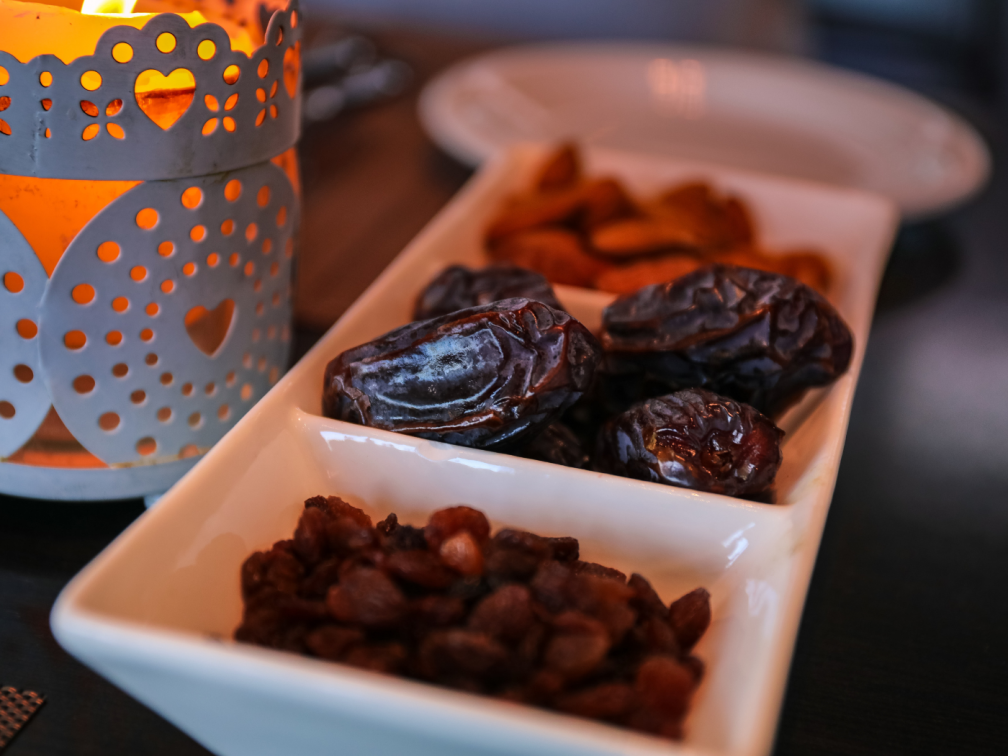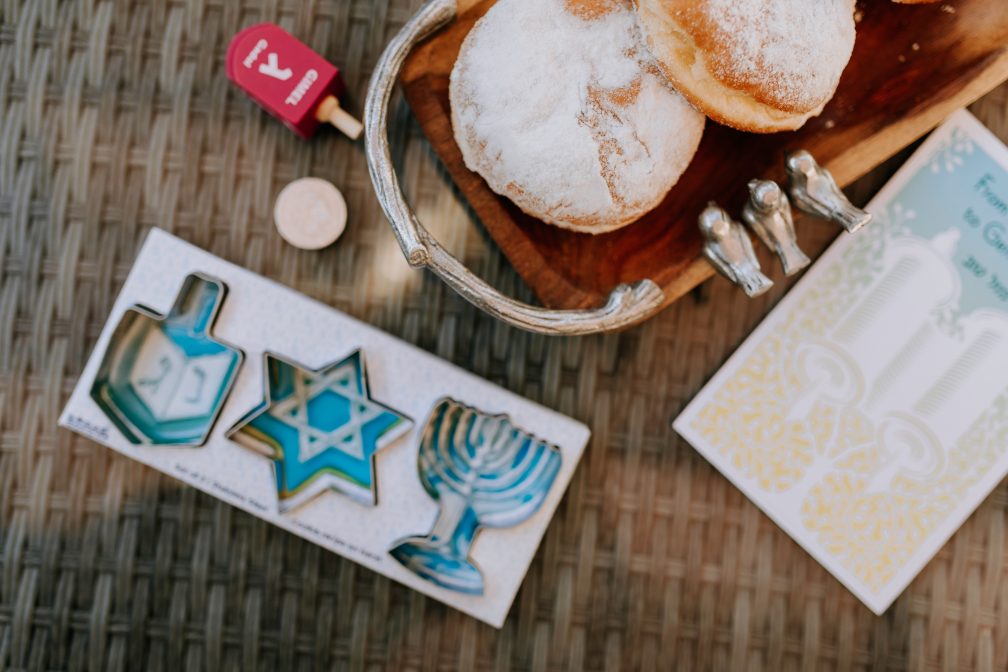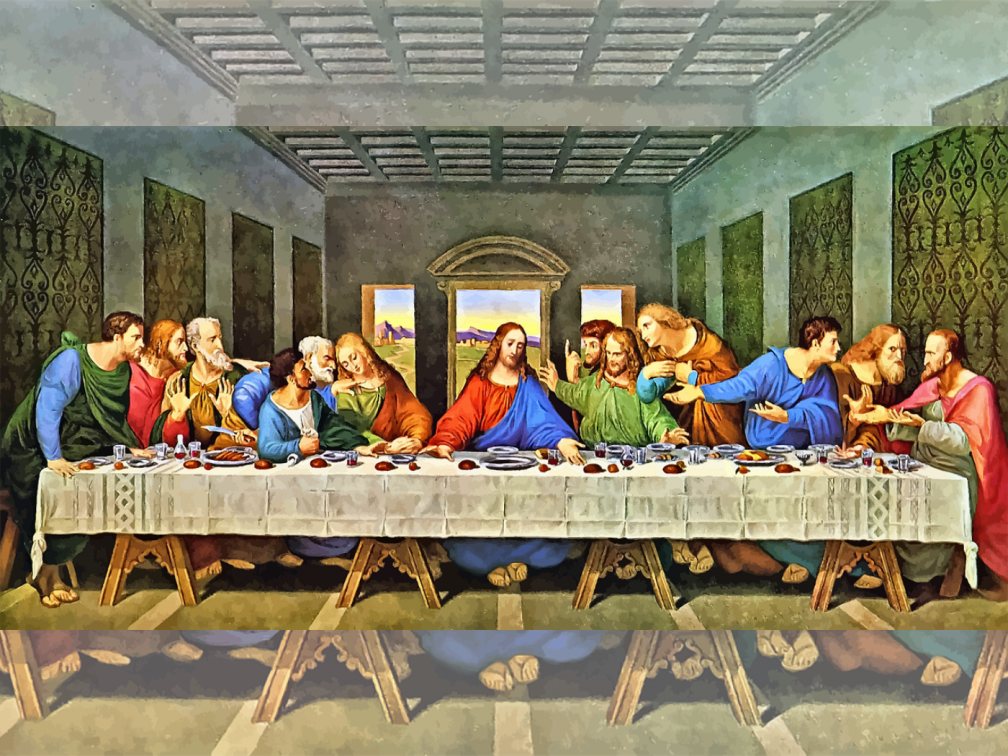
In April this year, Jews, Muslims and Christians celebrate – almost in parallel – three major festivals of Passover, Eid-al-Fitr and Easter. One common element between the three major Monotheist Religions is the celebration of these holy days refers to the symbols and meanings attached to meals and the sharing of food. The festival of Passover commemorates the liberation of the people of Israel from oppression. It is a ritual celebrated every year, beginning with the Seder – a special meal designed to help retell the miraculous and epic journey from slavery to freedom. Symbolic foods are tasted, songs are sung, stories are told, prayers are recited, and food is shared by family and friends.
In turn, the feast of Eid-al-Fitr, (which translates as the festival of ‘the breaking of the fast) is the summit which closes a month of daily fasting between dawn and sunset (the holy month of Ramadan). Ramadan aims to instil compassion for the hungry and the poor in Muslims. To celebrate Eid-al-Fitr, Muslim families – following Islam’s diverse traditions and cultures – make the generous sharing of food (particularly with the hungry) an act of gratitude to God for the strength gained over the past month, as well as an opportunity to rejoice in bringing of the community together.
For Christians, the celebration of Easter also closes a month of fasting, prayer and alms-giving. The liturgical Easter Triduum (the three days leading to Resurrection day) opens with a celebration of food sharing: the commemoration of Jesus’ Last Supper with his friends and disciples. We can find a variety of meanings attached to food and meals at the heart of the Christian rituals and prayers of Holy Thursday. Above all, it is interesting to note that a meal with friends is Jesus’ chosen way to mark the beginning of his journey from death to Resurrection. The Gospels tell us that by breaking the bread and sharing the fruit of the vine, Jesus signals the transformation that he and his community of friends are about to experience in the following hours and days.
What I learn in listening to the accounts of Jesus’ last meal with his friends is that eating together can be the beginning of a personal and communal transformation. Sharing meals is the beginning of a concrete communion with friends and strangers, a communion that transcends that moment of that sharing. Somehow, the rituals involved in eating together can have a unifying force; the shared food travelling down our digestive systems has the potential to energise us to strive to strengthen our bonds. The boldest of dreams and unimaginable possibilities of a better world are born around the table where food is shared.
This is what Jesus seems to be pointing at on that memorable last meal outside the walls of Jerusalem: God’s dream for all of us – the Kingdom of God – grows out of the willingness to share food and life with others, friends and strangers.
Growing in oneness or communion with one another demands efforts nurture others, as well as to be open to being nurtured by the food others want to share with us. Sharing food is not only at the heart of the Jewish, Muslim and Christian practices and theologies during these holy days. It can also be a profoundly humanising act. These three monotheistic traditions teach that sharing meals allows God’s creatures to enter into each other’s struggles to promote justice and holiness (Jihad for Muslims), as well as providing us with a sacred space for retelling our own Exodus- our journeys from slavery to freedom.
Jews, Muslims and Christians profess to be the children of Abraham, the man who was called to leave his homeland, holding on to God’s promise of unnumbered descendants and plentiful land for them to enjoy. Statistics tell us that around 10% of the population worldwide goes to bed on an empty stomach each night. The children of Abraham must continue striving to bring about the fulfilment of that promise for all humanity because, in doing so, they bring communion and growth in oneness among themselves and also with people of other faiths and none. May the celebration of Easter, Eid-al-Fitr and Passover this year help us nurture each other and reach out to those who hunger today, because we believe in a God ‘who gives bread to all creatures and whose mercy endures forever’ (Ps.136,25).



